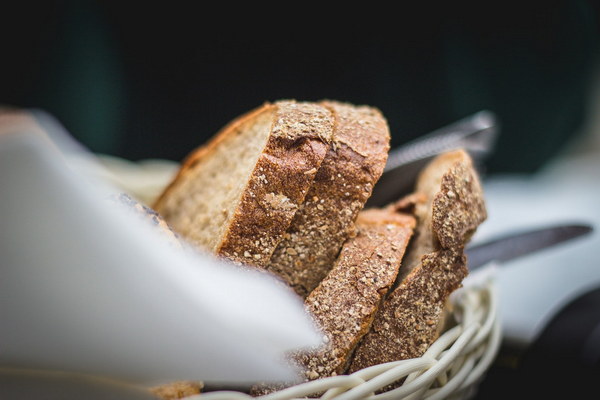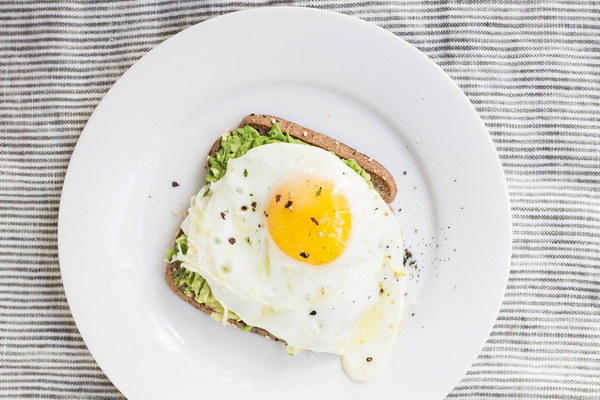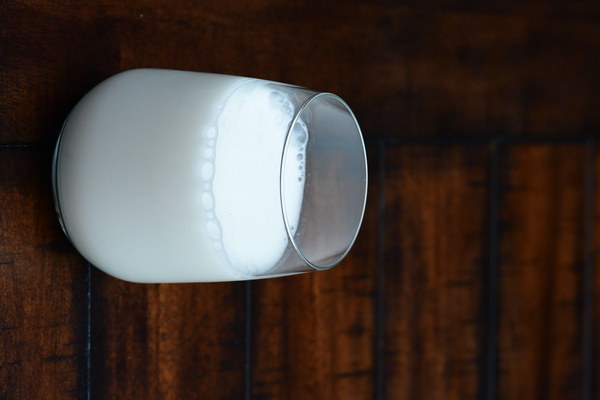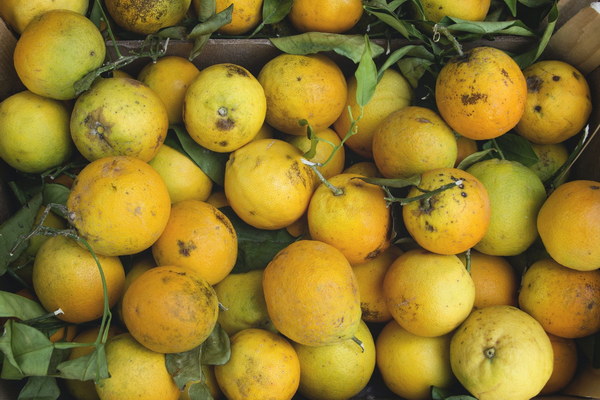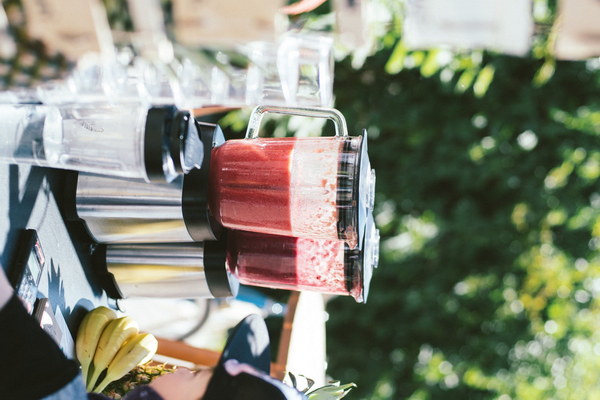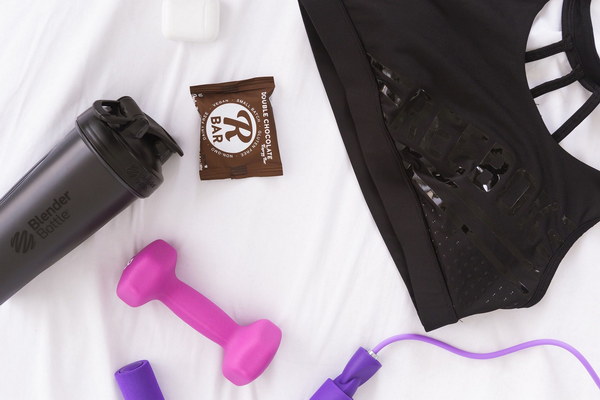Nourishing Winter Hydration A Guide to Herbal Teas for Health and Well-being
As the cold months of winter descend upon us, the body craves warmth and comfort. It's a time when we need to pay extra attention to our health and well-being. One of the simplest and most effective ways to stay healthy during the winter season is by incorporating herbal teas into our daily routine. These warm, soothing beverages not only provide hydration but also offer a variety of health benefits. In this article, we will explore how to use herbal teas to stay healthy and cozy during the winter.
1. Choosing the Right Herbal Tea
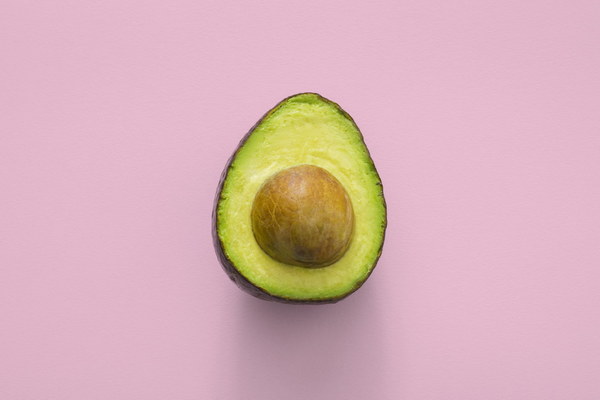
The first step in enjoying a nourishing winter hydration routine is selecting the right herbal tea. Here are some popular herbal teas that are known for their health benefits:
- Chamomile: Known for its calming properties, chamomile tea is excellent for promoting relaxation and aiding in digestion.
- Ginger: Ginger tea has anti-inflammatory properties and can help with digestion, nausea, and sore throats.
- Peppermint: Peppermint tea is known for its refreshing taste and can help with indigestion, bloating, and respiratory issues.
- Echinacea: This immune-boosting herb can help prevent and treat colds and flu.
- Honeybush: Rich in antioxidants, honeybush tea is excellent for supporting respiratory health and boosting the immune system.
2. Preparing Your Herbal Tea
Once you have selected your herbal tea of choice, here are some tips for preparing a perfect cup:
- Water Quality: Use filtered water to ensure the purity of your tea.
- Water Temperature: Most herbal teas should be brewed with water that is just below boiling point (around 200°F or 93°C). This temperature helps to preserve the flavors and health benefits.
- Steeping Time: The steeping time varies depending on the type of herbal tea. For example, chamomile tea should steep for about 5-10 minutes, while ginger tea requires only 3-5 minutes.
3. Enhancing Your Herbal Tea
To make your winter hydration experience even more enjoyable, consider adding the following ingredients:
- Honey: A natural sweetener that also has antibacterial properties, making it ideal for soothing sore throats.
- Lemon: Rich in vitamin C, lemon can help boost your immune system and add a refreshing twist to your tea.
- Cinnamon: This spice has anti-inflammatory properties and can add a delightful warmth to your tea.
- Milk or Milk Alternative: For those who prefer a creamy texture, adding milk or a milk alternative can create a comforting experience.
4. Incorporating Herbal Tea into Your Daily Routine
To maximize the health benefits of herbal teas, try incorporating them into your daily routine:
- Morning Ritual: Start your day with a warm cup of chamomile or ginger tea to kickstart your metabolism and support digestion.
- Midday Break: Take a break from your workday with a refreshing peppermint or echinacea tea to boost your immune system and refresh your mind.
- Evening Soothe: End your day with a soothing honeybush or chamomile tea to unwind and prepare for a restful night's sleep.
5. Storing Your Herbal Tea
To maintain the quality and flavor of your herbal tea, store it in an airtight container away from direct sunlight and heat. This will help preserve the health benefits and ensure your tea stays fresh for longer.
In conclusion, herbal teas are a delightful and healthful way to stay warm and hydrated during the winter months. By choosing the right herbal tea, preparing it properly, and incorporating it into your daily routine, you can enjoy a variety of health benefits while savoring the warmth of a steaming cup. So, this winter, reach for a cup of herbal tea and embrace the comfort and health it brings.


